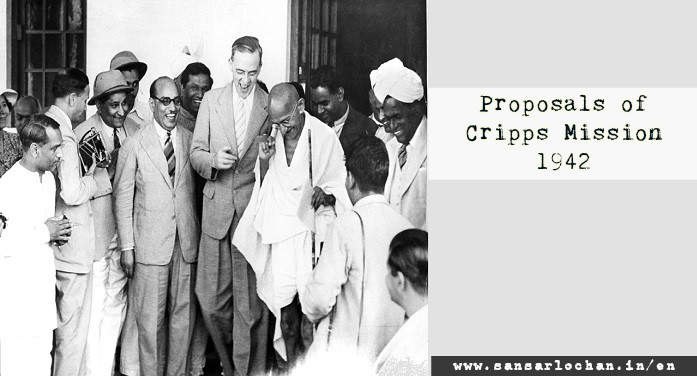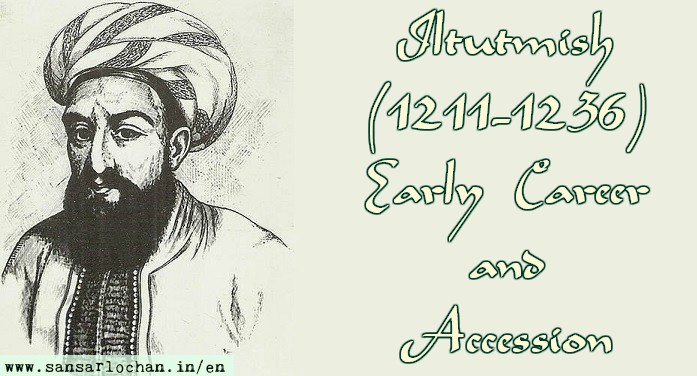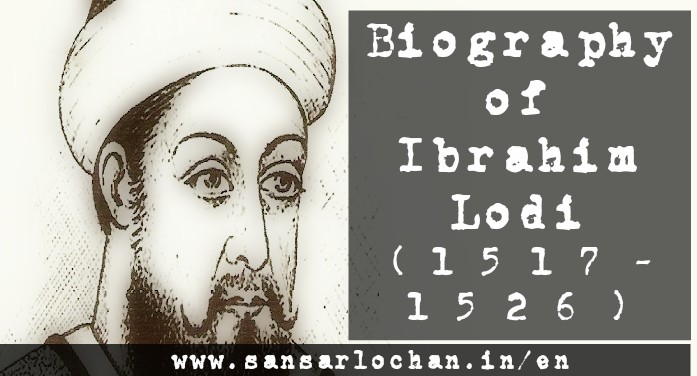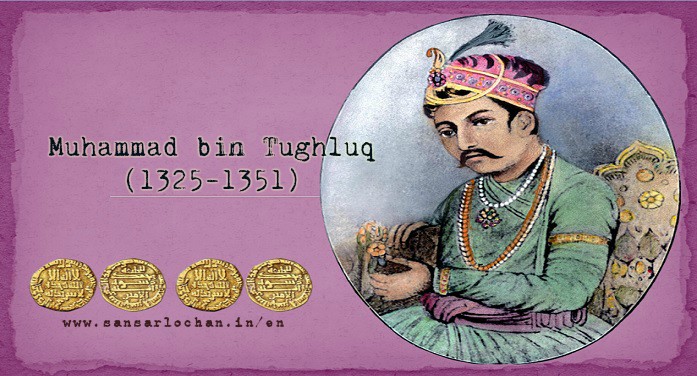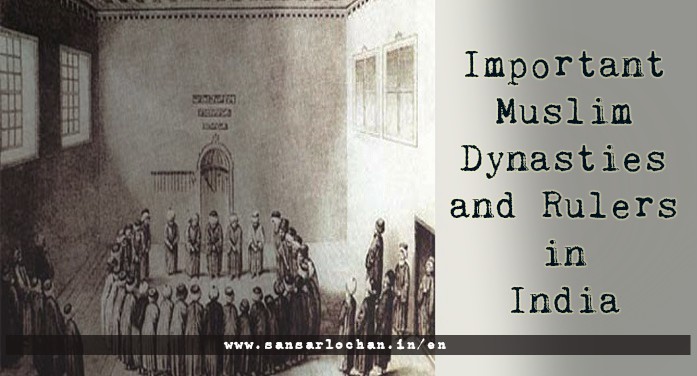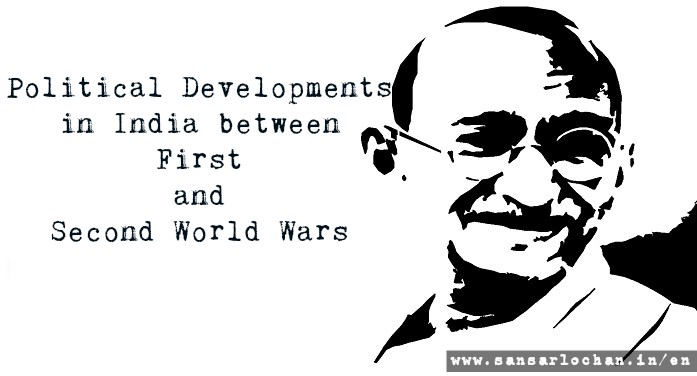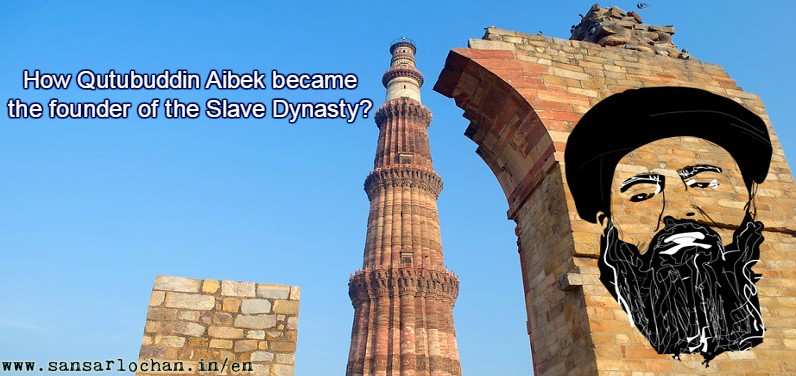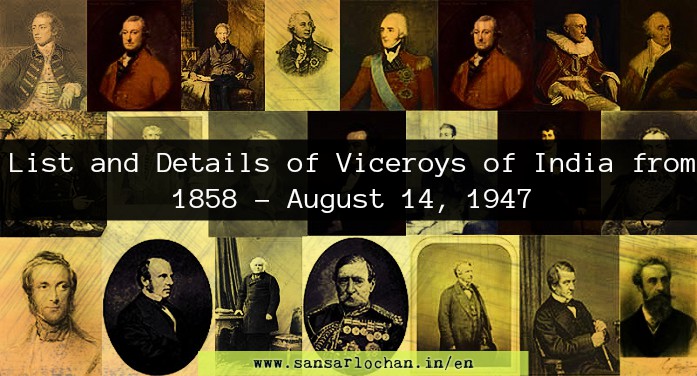In March 1942, when Japan was knocking at the doors of India by penetrating into Imphal, Sir Stafford Cripps, a prominent Labour member of the British Cabinet, came to India to discuss with the political leaders of the various parties some proposals for the political future of India after the war. His interim proposals were rejected by all the political parties. In this … Read More
The East India Company and Details of its Charters
The advent of the British in India begins with Queen Elizabeth’s Charter of the year sixteen hundred to some merchants of London who formed the East India Company to trade with the East Indies. As a consequence of this Charter the British East India Company set up trading establishments on the east and west coasts of India and in Bengal, … Read More
Iltutmish (1211-1236) – Early Career and Accession
Shamsuddin Iltutmish was a slave of Qutubuddin Aibek, the Sultan of Delhi. Iltutmish’s father was a high-ranking noble of the Ilbari tribe of Turks. After passing through many hands, he was, finally, purchased by Qutubuddin Aibek in Delhi at a phenomenal price. Iltutmish is said to have acquired good education and wide knowledge of the Islamic world during the early … Read More
Biography of Ibrahim Lodi (1517-1526) – Medieval History of India
On the demise of Sikander Lodi, his eldest son Ibrahim Lodi inherited the kingdom of Delhi and Agra and his younger son Jalal Khan was made the ruler of the eastern and southern parts of the sultanate from Kalpi to Jaunpur. After sometime, some prominent nobles realized the folly of making Jalal Khan the ruler of a portion of the sultanate, … Read More
Muhammad bin Tughlaq (1325-1351) – Biography and Assessment
Muhammad bin Tughlaq was born in 1300 in Multan, Pakistan. After the demise of Ghiyasuddin Tughlaq, his eldest son Fakhruddin Muhammad Juana Khan alias Muhammad bin Tughlaq, mounted the throne at Tughlaqabad. Muhammad bin Tughlaq’s character was a mixture of opposites and extremes. He ruled for twenty-six years (1325-1351). Some of his administrative mistakes made him unpopular, and were responsible for his failure as … Read More
Important Muslim Dynasties and Rulers in India – Medieval History
In this article we are giving you a brief note on important Muslim dynasties and rulers in India. As we know in eighth century A.D. there was a huge military expansion of Islam. It cast its shadow on North-West India also. However, this was a temporary phase for Islamic interventions in India. But from 11th century onwards Islam re-visited India on a … Read More
Political Developments in India between First and Second World Wars
The First World War, originally called the Great War, was a historical landmark not only for European nations but also the colonies under their governance. As we would see below this war raised between 1914-1919 impacted the political developments in India. Government of India Act 1919 Aspirations towards nationalism and independence were strong enough in India for years. But during … Read More
How Qutubuddin Aibek became the founder of the Slave Dynasty?
Muhammad Ghori had a passion for acquiring Turkish slaves whom he treated with affection and care. He provided opportunities to them to develop their personalities and build their careers. It shows his love and sympathies for the persons of his own race who had suffered immensely at the hands of the Muslim invaders of the Arabic and Persian stocks as … Read More
The Viceroys of India (1858-1947) & Main Events Under Their Tenures
Below is presented a brief information regarding the Viceroys of India who ruled from 1858 to 1947 and the main events that occured under their regimes. As we are aware the office of Viceroy was created in the aftermath of the upheaval of 1857. From 1858 onwards, the British Crown took the reins of administration in its hands and the … Read More
All Three Round Table Conferences and Communal Award
Today we will discuss the basic details regarding Three Round Conferences (First, Second and Third) as well as their importance in Modern Indian History. We will also mention the background and outcome of Communal Award which was introduced by Ramsay MacDonald. The report of Simon Commission failed to satisfy the Indians. The Congress in its session at Lahore in 1929, under … Read More
